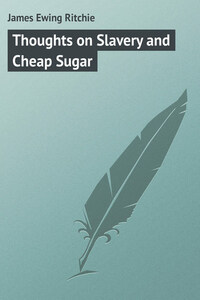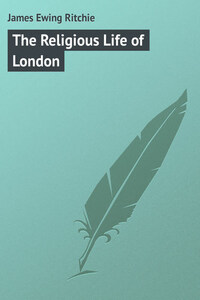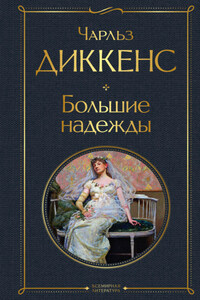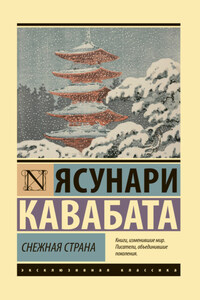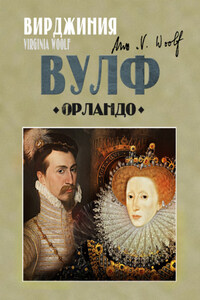CHAPTER I.
PARKER’S PIECE, SLOVILLE
Upon my word, I don’t know a more desirable residence from the pauper’s point of view than Parker’s Piece, an awful spot in the very heart of the rising town of Sloville. I can’t say, as regards myself, that the place has many attractions. It is too crowded, too dirty, too evil-smelling, too much inhabited by living creatures, including insects which delicacy forbids mentioning. I like living in the country, where I can hear the birds sing their morning anthem. I like to see the buttercups and daisies, and the green grass, and the blue sky, and the sunshine, which makes everyone feel happy; and when winter comes, how much do I love the sparkling diamonds on the frosted trees, and the pure white snow which robes the earth with a loveliness of which the dweller in towns has no adequate idea! I like to breathe fresh air, and not town smoke; and so, individually, I had rather not reside in Parker’s Piece; but there are those who live there, and much enjoy it. Mostly they are a ragged lot – tramps and vagrants and the ever growing army of the unemployed – who make it their headquarters, as it is full of old houses and corners where the peelers cannot penetrate, and public-houses where the sot may drink as long as his or her money lasts out; where, as regards the spot in question, there is a special encouragement to do so, seeing how much money was left ages ago by a pious founder, who had made money in some way which was not exactly right, and who thought it just as well, when it was of no further use to him, to leave it partly to the priests to pray for his soul, and partly to the poor, that future generations might call him blessed; and as the poor all round were well aware of the fact, there was never a house or room that stood empty long – unhealthy as was the place, and dilapidated as were the buildings.
One building, however, was an exception to the others, as regards age. Originally it had been started as a boot and shoe manufactory, but that did not pay; then it became a depot for pure literature and well-meant publications, but no one came to buy; then it came into the hands of a Town Councillor, who, disgusted that the Corporation would not purchase it at an extravagant rate, to pull it down, vowed that he would never lay out a penny on the place, only get out of it what rent he could. As he let it out in tenements, the rents of which were collected by a somewhat unscrupulous agent, the fact was, the locality became less respectable and less cared for every day. It was avoided by the police as much as possible. If there was a quarrel – as there was almost every day – between its wretched inmates, it was hard to say who was to blame. Passing down there one day, I saw a man savagely assaulting his wife. To my remonstrance he replied that if he did not let her know that he was master, she would stick a knife into him; and, according to the public opinion of the place, he was right. Only on Sunday morning was the place quiet, and that was not because the dwellers there were at church or chapel, but simply because the weary were enjoying an extra hour’s sleep, or the dissipated had not, as yet, overcome the effect of the previous evening’s debauch.
All at once Parker’s Piece became known far and near. One night a little one, happily, died, instead of making a feeble and ineffectual struggle to live; an inquest was held, and the result was a revelation of misery and wretchedness which made all Sloville stand aghast. A London radical newspaper sent down an artist to give a rude drawing of the place, and a special correspondent, whose report was as sensational as could be desired. Parker’s Piece became as well known to the British community as the Mansion House, or St. Paul’s, or Westminster Abbey, or the Houses of Parliament. Money showered down on the place, little to the advantage of the deserving, who are the last to proclaim their needs, but greatly to that of the publican and sinner. It was felt by everybody something must be done. A grand church was erected at one corner, to which, however, no one went; a mission hall was started at the other by a speculative philanthropist, on his own hook, while a building was secured for a similar purpose by the leading people of the leading Congregational Church in the town. It was a real case of line upon line, and precept upon precept. The plan was to catch sparrows by putting a little salt on their tails, and the plan succeeded to admiration. There was a free tea, which was a great success; then there was a regular breakfast on a Sunday morning, which answered still better. The men looked rather sheepish at first, but the women were too many for them. The fleshpots of Egypt prevailed, and there was a good attendance, a state of resignation when the talking began, and some awful singing afterwards. On the day of which I write, there was a little extra excitement in the place. Christmas was coming, and all the good people for miles around had determined to give a treat to the wretched ruffians in the very worst part of the place – the big building to which I have already referred. When the leading man of the place, Carroty Bill, heard it, he swore that there should be no psalm-singing there. But his better-half modified his rage as she drew a lovely picture of creature comforts to be had – the boots for the children, the flannel for herself, and the extra money they would have for a jolly spree after all.

